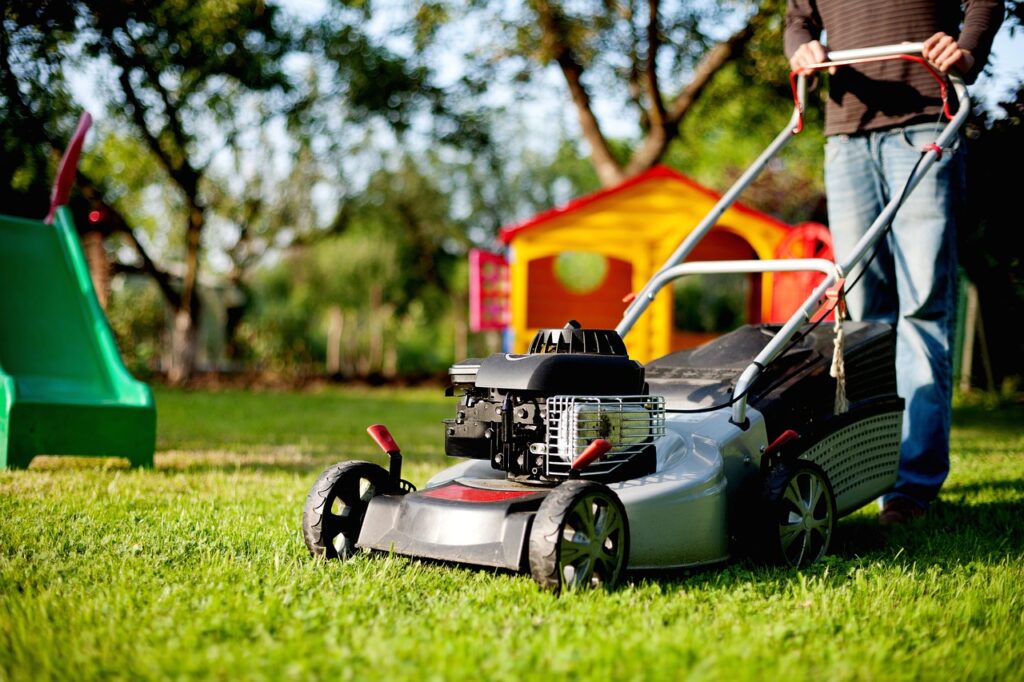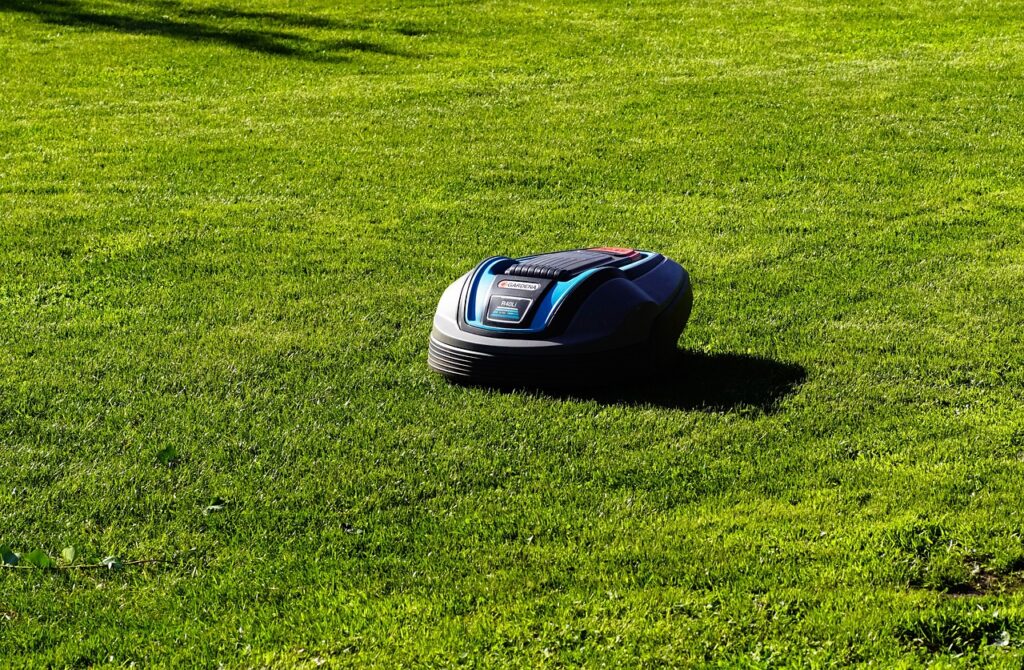As technology continues to evolve, the next generation of remote-controlled lawn mowers will be shaped by smart innovations and automation. From artificial intelligence (AI) and precision GPS to multifunctional capabilities, these advancements will enhance efficiency, convenience, and environmental sustainability. The following explores the key trends and developments that will define the future of remote-controlled mowers, transforming them from basic lawn care tools to sophisticated, multi-purpose systems designed for a wide range of applications.
1. Advancements in Smart Technology and Automation
The future of remote-controlled lawn mowers is set to be shaped by advancements in smart technology and automation. With the integration of artificial intelligence (AI) and machine learning, these mowers will become more autonomous, able to plan optimal mowing paths, detect obstacles, and adjust their routes automatically. This will reduce the need for human input and enhance overall efficiency. By 2030, it is projected that over 70% of remote-controlled mowers will incorporate AI-driven features, drastically minimizing the reliance on manual control.
2. Enhanced Precision with GPS and Navigation
Advancements in GPS and navigation technology are set to revolutionize the capabilities of remote-controlled lawn mowers. Improved precision will enable more efficient operation across expansive lawns and better adaptability in challenging terrains or confined spaces. By 2025, GPS-enabled mowers are expected to become 50% more accurate, empowering them to navigate complex landscapes with minimal human oversight. Additionally, future innovations may include drone integration for aerial monitoring and ground coordination, providing a comprehensive solution for managing large green spaces.
3. Expanding Multifunctionality
The future of remote-controlled mowers extends beyond mowing, as they evolve into versatile gardening tools. Upcoming models may incorporate functionalities like fertilizing, seeding, and irrigation, enabling all-in-one lawn care. By 2028, it’s projected that 30% of new mowers will feature these multifunctional capabilities. Coupled with advanced environmental sensors, these mowers could analyze soil moisture, temperature, and plant health, supporting precision agriculture and sustainable landscaping practices.
4. Environmental Sustainability and Energy Efficiency
As environmental concerns grow, the future of remote-controlled lawn mowers will prioritize energy efficiency and eco-friendliness. Many of these mowers are expected to rely on electric or solar power, significantly reducing dependence on fossil fuels. By 2030, it is projected that 60% of remote-controlled mowers will be powered by electricity, resulting in lower emissions and quieter operation. Innovations in blade design and energy systems will further enhance their efficiency, ensuring optimal performance while minimizing power consumption.
5. Remote Monitoring and Control
Future remote-controlled mowers will increasingly feature remote monitoring and operation capabilities, offering users greater convenience and control. With the ability to track the mower’s status in real-time and make adjustments remotely via smartphones or computers, managing large or frequently serviced lawns will become more efficient. By 2026, it’s expected that 40% of remote-controlled mowers will offer these remote control functionalities, making lawn care simpler and more accessible.
6. Expanding Market and Versatile Applications
As technology continues to evolve, the market for robotic remote-controlled mowers will expand beyond residential lawns and public parks. These mowers will find applications in agriculture, industrial sites, solar farms, and other specialized environments. For example, by 2027, the demand for remote-controlled mowers in solar farms is expected to grow by 35%, as these machines are particularly well-suited to maintaining vegetation in hard-to-reach or hazardous locations. The adaptability of these mowers will drive their use across various industries and settings.
Wrapping Up
The future of robotic remote-controlled lawn mowers holds immense promise, driven by advancements in smart technology, multifunctionality, and environmental sustainability. As these mowers continue to evolve, they will transform from basic lawn care tools into essential elements of smart gardening and modern agricultural management. With their growing versatility, they will be equipped to meet the diverse and ever-changing demands of future markets.
Related Post:


